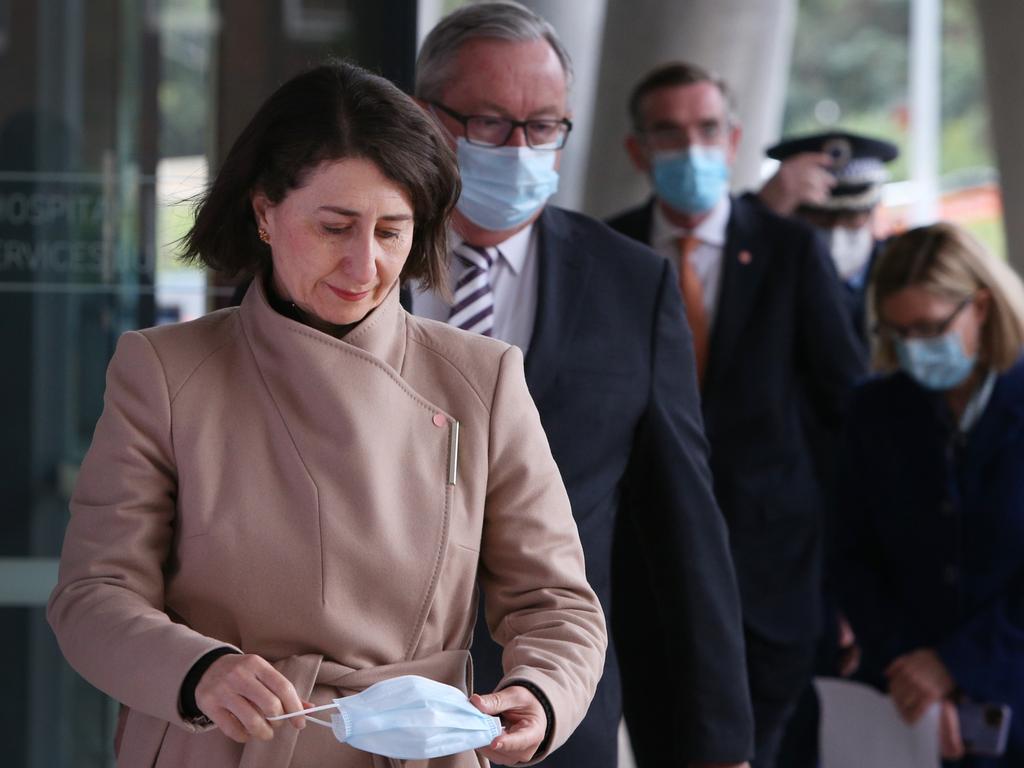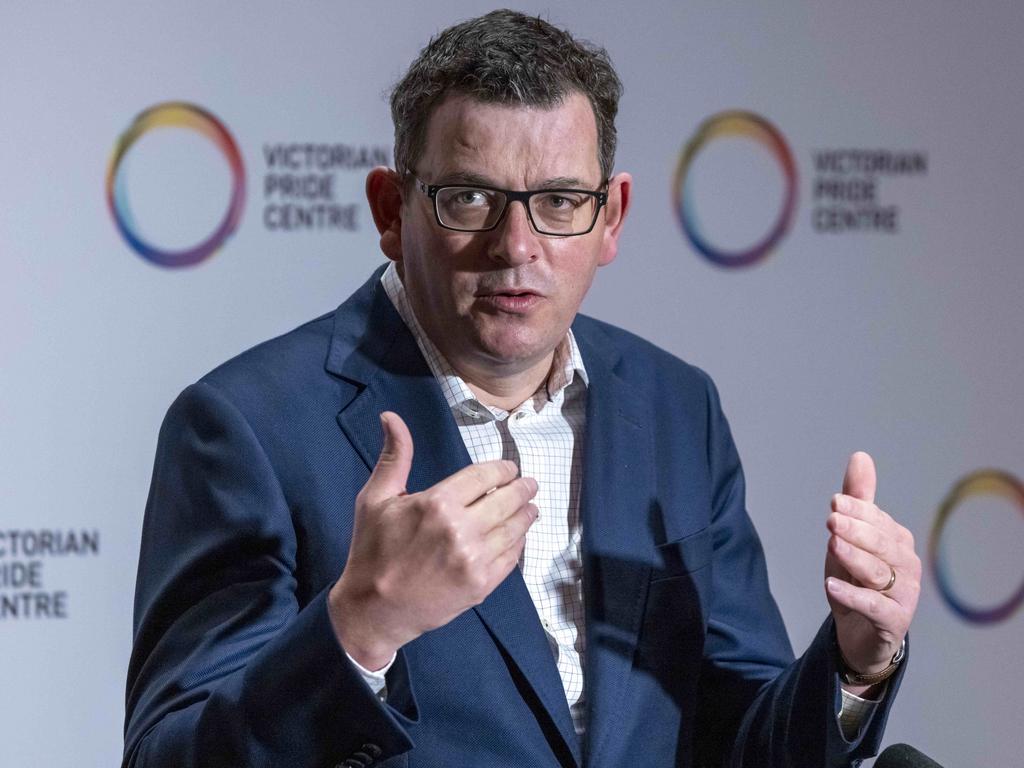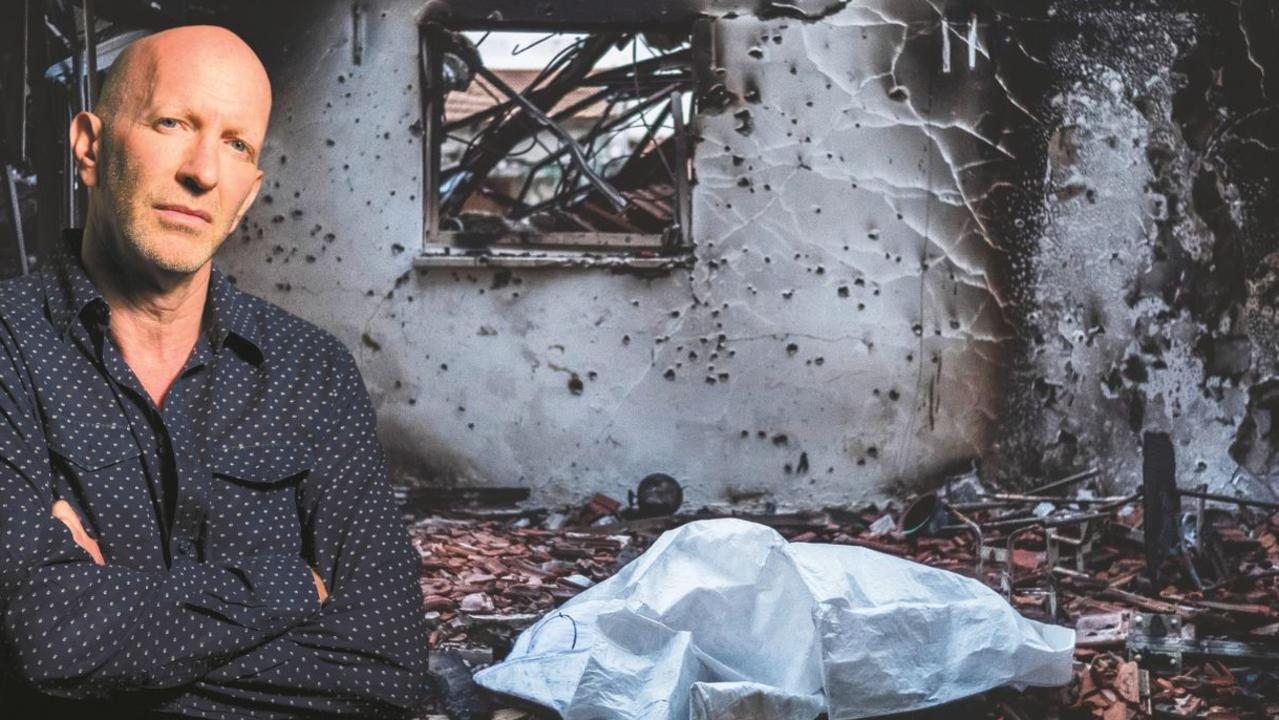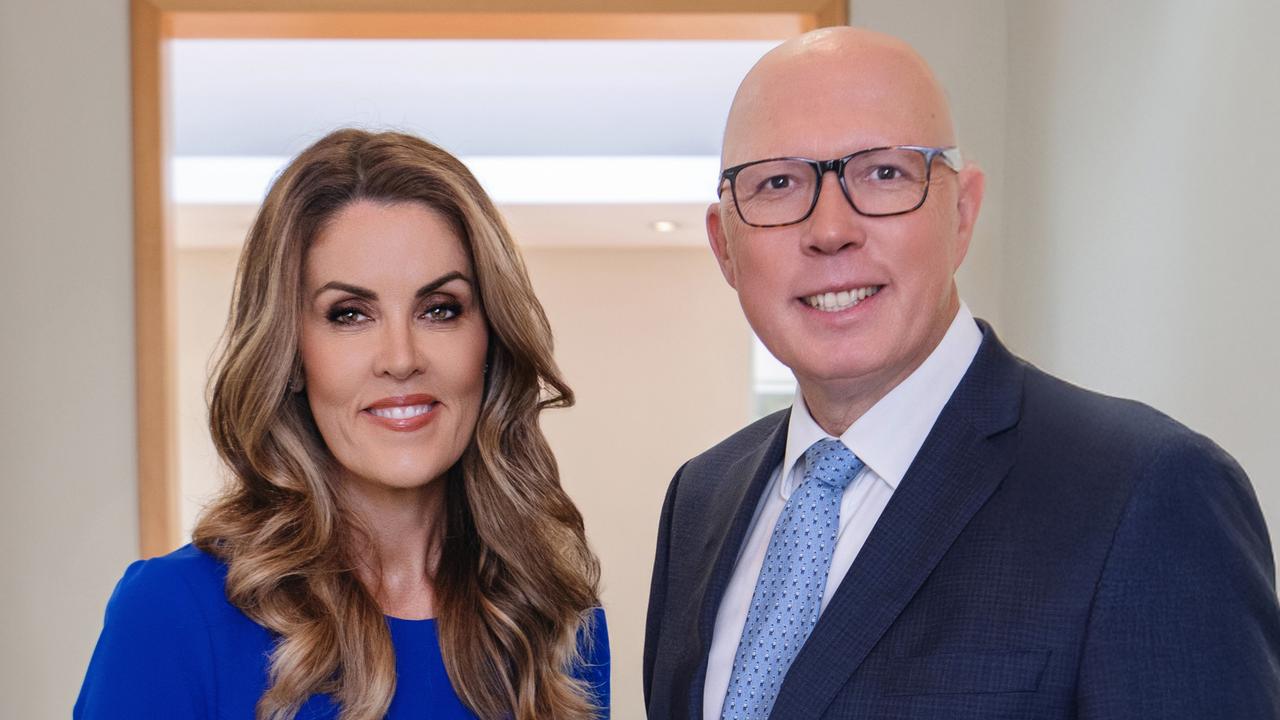Are we ready to make the hard decisions?
Like it or not, many won’t consent to being vaccinated, but we can’t let their fears ruin life for the rest of us.
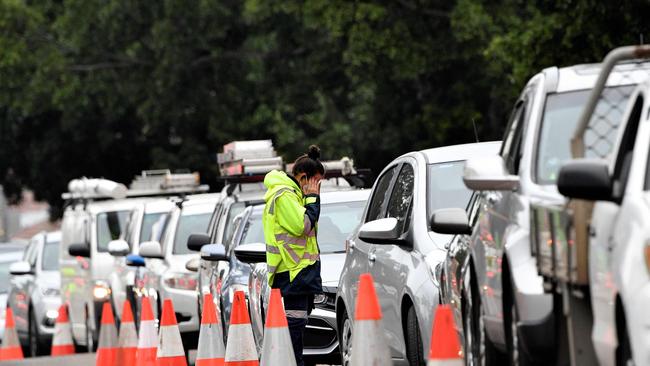
At some point soon the Australian population is going to have to come to terms with the realities of the new Covid-19 world; that is, in the context of full availability of vaccinations.
Of course we aren’t there yet and likely won’t be until the end of this year or early next. But it won’t be long before a reality check is needed among the wider population and politicians.
Our two largest cities are in lockdown. In the case of Sydney, it may be a relatively long one. Melburnians have been through this before, too many times, and will be hoping theirs is short. Either way, we are fast approaching the time when lockdowns must become a thing of the past.
A fully vaccinated Australia will need to say no to lockdowns and state border closures, and it also will need to start to open up to the outside world. That means a near free flow of international movement. The notion of long periods of quarantine also will need to be looked at. They are stifling and ultimately pointless if the country is going to try to live with the virus once vaccinated. They must become the exception, not the norm.
To be sure, becoming fully vaccinated really means the unequivocal opportunity to be vaccinated, when we all can no longer complain about a lack of supply or time to get the two doses into our arms. Because we know, like it or not, many won’t consent to Covid vaccine jabs. It will be a sizeable cohort and they vote, but we can’t let their fears ruin life for the rest of us.
But the biggest thing citizens and politicians need to accept once we hit this point is the sickness and death associated with Covid-19. It won’t be on the scale we saw overseas last year when Covid ripped through unvaccinated communities in places such as the US, Italy and Britain. But it still will come as a major shock to a country that largely has avoided the worst of this virus.
If we apply to Australia what is happening abroad in countries with near adequate vaccination rates and adjust the numbers to our population size, thousands of people will be infected with Covid every week – which could then lead to dozens of deaths.
The difference vaccines make is they dramatically reduce the death rate to what has long been considered an acceptable level during flu seasons, or at least in bad flu seasons, albeit with much higher infection rates.
Are we ready for that? Are our political leaders willing to explain the necessity of tolerating such an outcome? What about the media; will it avoid sensationalising higher death rates and much higher infection rates? It is hard to see the bandwagon bleating of social media tolerating such an outcome without simplistically using it to ascribe political blame on partisan adversaries.
Let’s hope as a country we are mature enough to overcome such nay-saying because, if not, we soon will lag behind the rest of the world economically, which will cause all manner of other negative effects on a society.
Lockdowns and border closures eventually will lead to us falling behind other wealthy nations in a post-vaccine world. It never ceases to amaze me how many people can’t see past their own noses sometimes. It can be only because they haven’t read enough history. If we allow ourselves to make bad decisions too many times and for too long, our wealth and status as a nation can drop dramatically. We can become a less prosperous society, as happened in Argentina, once the sixth wealthiest country.
Because other parts of the world were so badly ravaged by Covid-19 last year, their gratefulness for fewer deaths and fewer serious illnesses among those who catch the virus today means their tolerance level for such outcomes is higher than ours may be.
This is why we won’t see any of what I mention as a necessary evil until after the next federal election. Scott Morrison knows that politically it is going to take time for Australians to adjust to the realities of living with Covid-19. His government will want a full term in office to manage an election out of the other side of that – assuming he can overcome current criticisms to win re-election in the first place.
Besides, as Prime Minister, Morrison has only a limited say in what a post-vaccinated Australia looks like. The federal government needs state governments to accept the reality spelled out above. Even if Morrison accepts it, will the likes of West Australian Premier Mark McGowan? Or will McGowan keep West Australians locked off from the rest of the country, and the world, long after other states reopen?
The difficulty is that if not all leaders realise what has to come next, there will be a political contest. Deaths and sickness will be used as a political weapon to claim some leaders are mismanaging the situation. It will be an unbecoming spectacle. Unless, perhaps, there is such a sizeable community backlash against closed borders.
While it is easy to see communities that have had to lock down repeatedly wanting that to end once a vaccine is widely available, states that barely have been touched by lockdowns may not be so unwilling to embrace the risks of Covid running through their communities, at least not initially. Especially knowing that variants of the virus can find their way around the protections vaccines offer. Risk-aversion in these states may win out against the need to return to normal.
This far into the pandemic – it has been more than 18 months – it is easy to forget that lockdowns were never seriously considered an option by democratic countries until they saw them used effectively in China. The assumption was that citizens with rights wouldn’t be compliant enough for them to work, much less tolerated.
Then we have the often forgotten reality that the federal government’s health advice never recommended state border closures. Rather, state health officials, in conjunction with their politicians, made such calls – dividing the nation in a way we haven’t seen since federation.
Many Australians now would see themselves as citizens of their state first and foremost, their country second, and that is no exaggeration. Why not, when you are denied the chance to travel freely in your own country as a citizen and are unable even to get to major family events or tragically are denied entry to states where loved ones are suffering and dying? That can have an impact on one’s psyche.
Our subservience to the state has been a feature of this pandemic, perhaps the chief feature of it. In time the legacy of such subservience could become the next chapter in human history.
Peter van Onselen is a professor of politics and public policy at the University of Western Australia and Griffith University.



